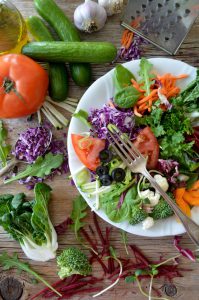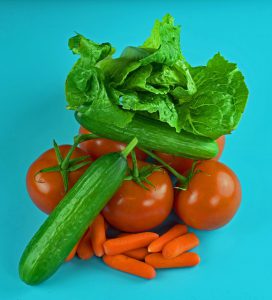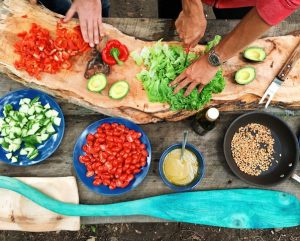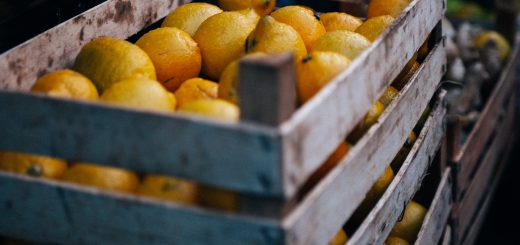Raw Veganism: The Risks of Eating a Completely Raw Vegan Diet
 Veganism, vegetarianism, paleo diet, Chrono diet, raw food diet and who knows what else. The main idea behind all different sorts of diets is health, even if some of them might seem too extreme. When it comes to vegan and vegetarian diets, the accent is on the humane part of it.
Veganism, vegetarianism, paleo diet, Chrono diet, raw food diet and who knows what else. The main idea behind all different sorts of diets is health, even if some of them might seem too extreme. When it comes to vegan and vegetarian diets, the accent is on the humane part of it.
However, when talking about raw veganism it almost sounds like it might be the way our ancestors used to eat. But is it really good for our health? Have the dietary needs of humankind changed from the ancient times to the era of Spela Casino? Is it possible that a raw plant-based diet is based on misconceptions about our nutritional needs?
What is raw veganism or raw plant-based diet?
This type of plant-based diet involves eating food which is not cooked. If we are going to look for the definition of cooked food, nothing that is heated at a temperature higher than 104 °F or 39.96 °C. The only types of food processing that count are fermentation, dehydration and low heat processing. The idea behind it is that by processing the food we are taking away some of its nutrients and sometimes even making it toxic.
Uncooked food means fewer nutrients
 Raw foods have their nutritional value, that is a fact. However, some food needs cooking to help us digest it and get the good stuff. Tomatoes and carrots release antioxidants and beta-carotene which is essential for maintaining our Vitamin A normal. The same goes for many other vegetables such as potatoes, onions, and parsnips.
Raw foods have their nutritional value, that is a fact. However, some food needs cooking to help us digest it and get the good stuff. Tomatoes and carrots release antioxidants and beta-carotene which is essential for maintaining our Vitamin A normal. The same goes for many other vegetables such as potatoes, onions, and parsnips.
In addition, cooking greens such as spinach helps you get more iron and calcium from the leaves. Sure, some nutrients such as Vitamin C and B are diminished by cooking, which is why a balanced diet rich in both cooked and raw foods is essential to human health.
Raw veganism is not entirely healthy
Staying away from eating excessively and gaining too much weight indeed is a positive thing for our health. What happens with raw veganism is that one significantly decreases the intake of calories by sticking to raw foods, which can lead to losing weight. However, thinner doesn’t necessarily mean healthier, as you might be avoiding getting some important nutrients.
 Some of the nutrients you might be lacking when practising a raw plant-based diet are B12 and D, iron, zinc, omega-3 fatty acids, selenium, and more. This is why most people who are on a raw plant-based must take supplements.
Some of the nutrients you might be lacking when practising a raw plant-based diet are B12 and D, iron, zinc, omega-3 fatty acids, selenium, and more. This is why most people who are on a raw plant-based must take supplements.
In addition, when trying to compensate for the calories, protein and energy people on such a diet tend to eat nuts which are high in fat, and can be a health hazard when consumed in excessive quantities.
Is it Completely Natural?
Unfortunately, feeding a child this sort of a diet would probably cause serious health issues such as neurological and physical growth issues – all of it due to the insufficiency of proper supplementation lacking many essential nutrients for humans. Some scientists even believe that eating meat and cooked food is what allows our brain to develop.









